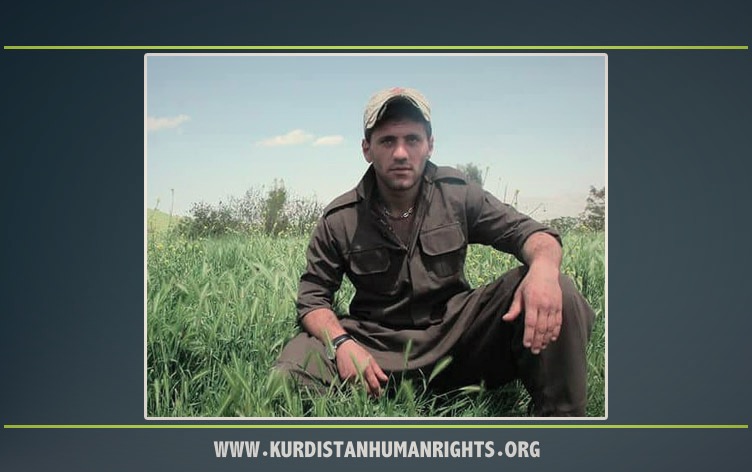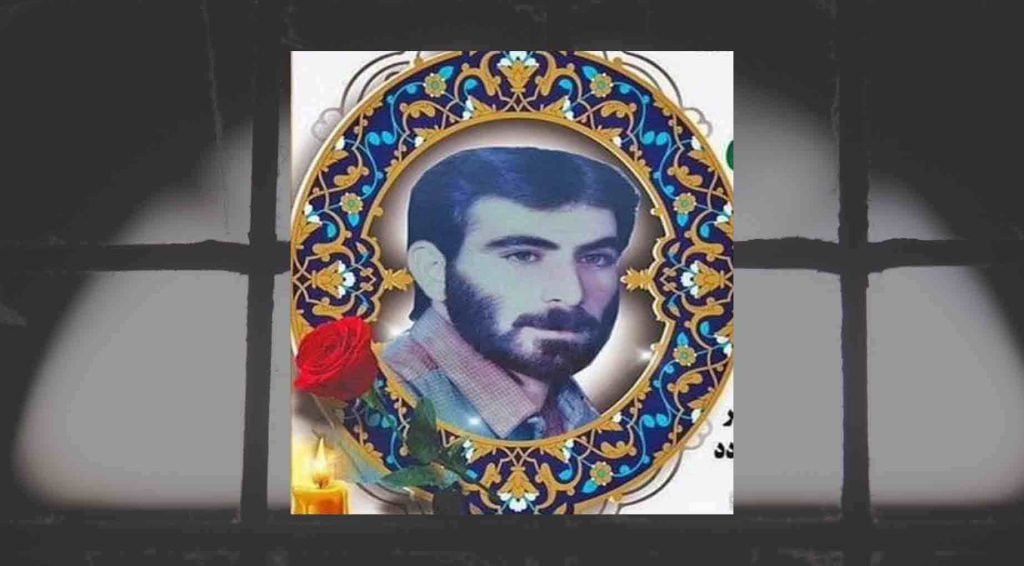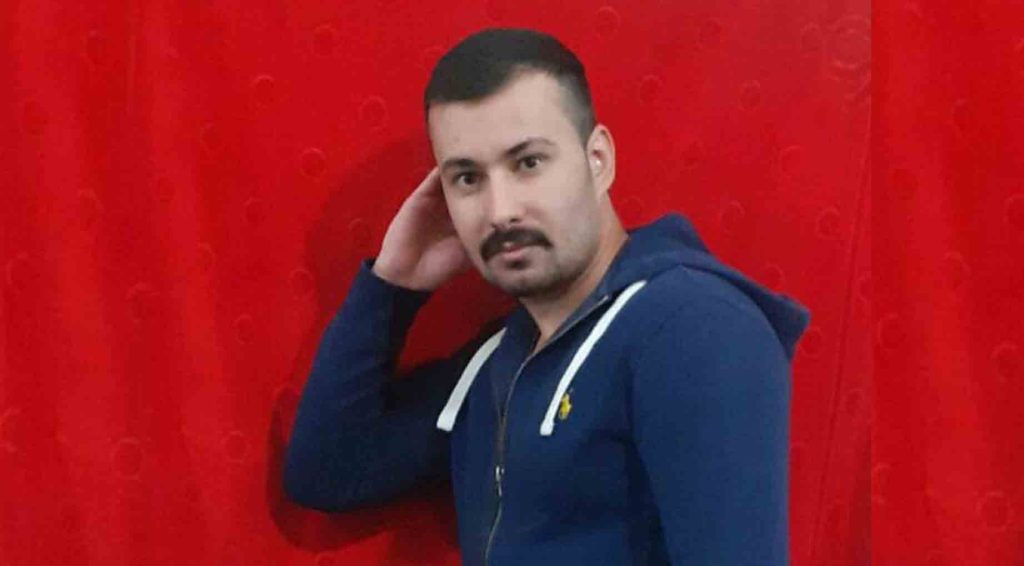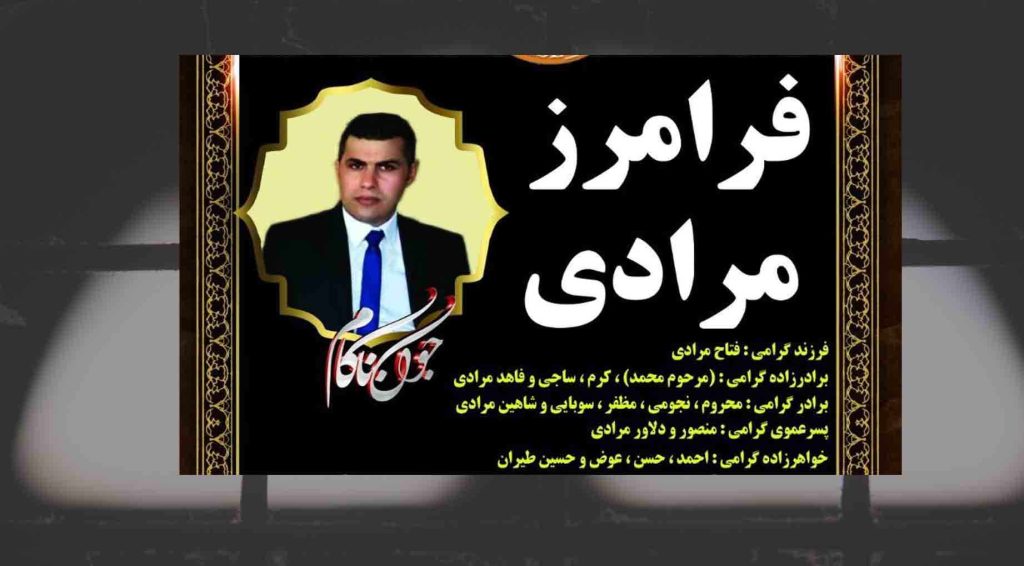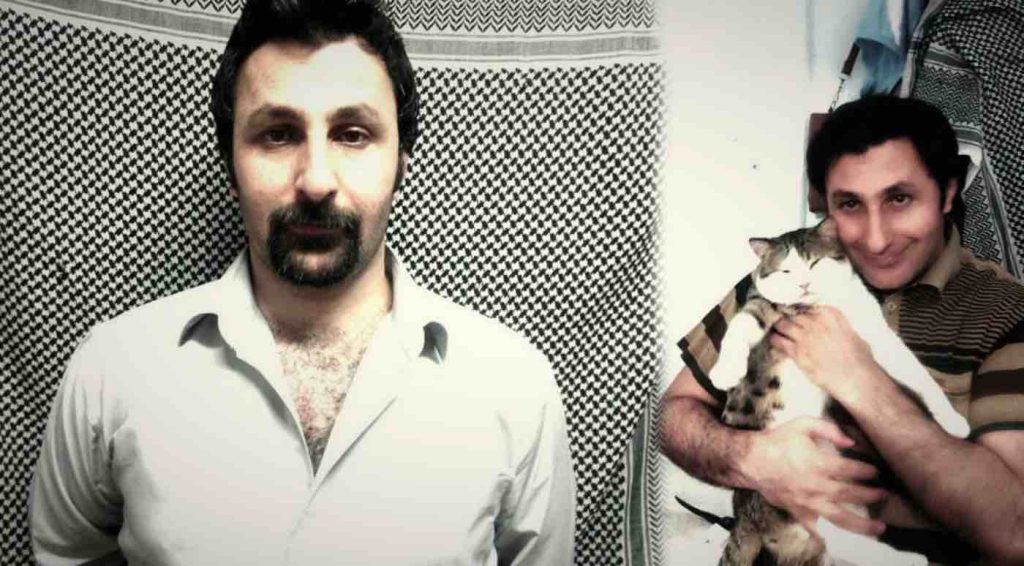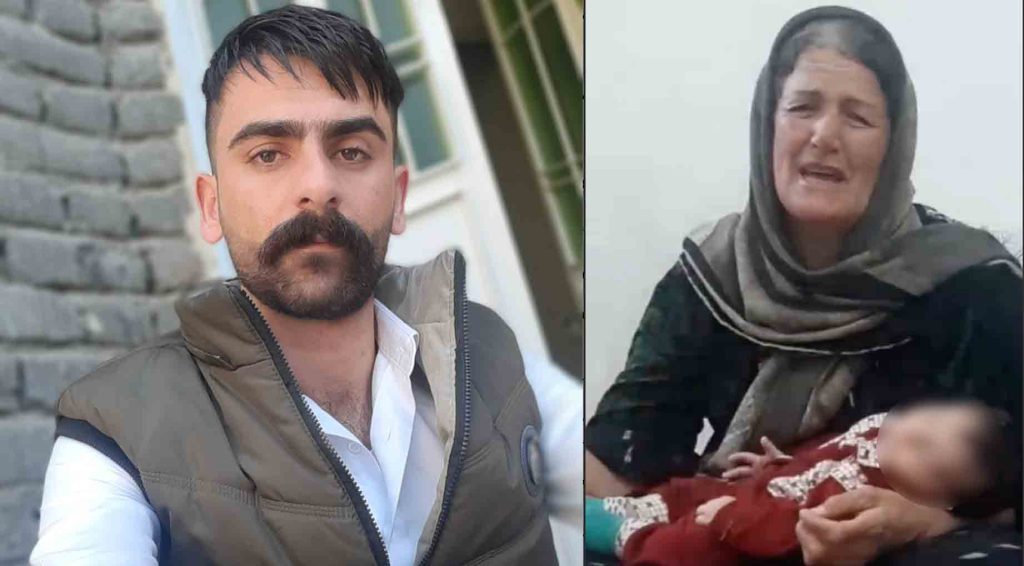The family of Houshmand Alipour have stated that the Supreme Court had violated the sentence. According to a statement issued by the campaign to rescue this political prisoner on Tuesday, September 15, Alipour’s lawyers were informed of the death sentence of this political prison being overturned by the Branch 1 of the Islamic Revolutionary Court of Sanandaj.
His trial is scheduled to be held again on September 20 at the Branch 2 of the Islamic Revolutionary Court of Sanandaj.
The political prisoner, who is currently being held in Sanandaj Central Prison, was sentenced to death in November last year on charges of “Baqi” through membership in the Kurdistan Freedom Party (PAK).
Houshmand Alipour from Sardasht and Mohammad Ostad Qadir from Saqqez were arrested by security forces around Saqqez on August 03, 2018, and were subsequently transferred to the Sanandaj Intelligence Bureau. After 108 days of interrogation, the two were transferred to Saqqez Prison before being transferred to Sanandaj Central Prison in January last year.
The lawyer acting for the two political prisoners further stated that, once an indictment was filed against his clients, their dossier had been sent to the branch 1 of the Revolutionary Court in Sanandaj on the charge of “rebellion through membership of the Kurdistan Freedom Party (PAK).” The preliminary rulings were issued in accordance with Article 286 of the Islamic Penal Code, which deals with the punishment of “rebellious” charges.
Mohammad Ostad Qader, the co-defendant of this political prisoner who was sentenced to 5 years in prison, was released from Sanandaj prison shortly after being granted a conditional release.
Amnesty International released a statement in August last year saying that Alipour and Qader, two Kurdish political prisoners in Iran, had been detained by security forces on August 03 and denied any contact with the outside prison for weeks. Their forced “confession” was aired on Iran’s state TV on August 07, 2018, depriving them of access to a lawyer of their choice and limited contact with their families.

